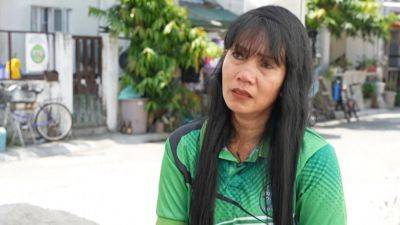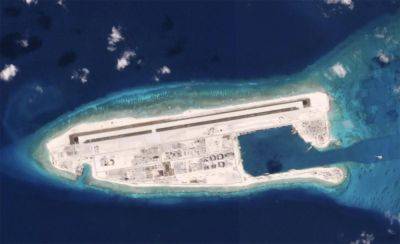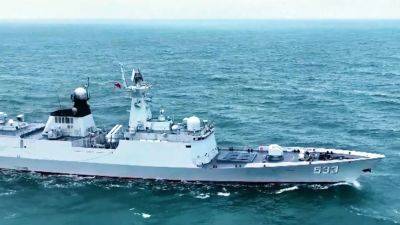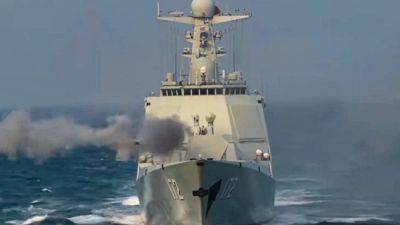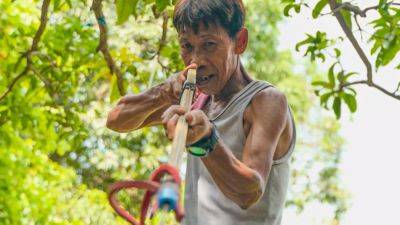Philippines’ Australia, France, Japan ties boost its middle-power status amid South China Sea rivalry
Analysts say it’s crucial for the Philippines to strengthen security cooperation with like-minded countries, not only for bolstering its claims in the South China Sea but also for its ongoing military modernisation efforts amid a shift in focus of its defence strategy from internal to external.
Earlier this year, the Philippine armed forces adopted a new strategy called the “Comprehensive Archipelagic Defence Concept” that defence chief Gilbert Teodoro Jnr said was designed “to protect and secure our entire territory and exclusive economic zone” and ensure “all the generations of Filipinos to come shall freely reap and enjoy the bounties of the natural resources that are rightfully ours”.
“For so many years, we haven’t had a stand-off capability,” said Sherwin Ona, an associate professor of political science and development at De La Salle University who has written extensively on national defence and information warfare. “It’s the first time in Philippine history that we’re able to acquire such a weapon … but of course, three batteries are not enough.”
France has been lobbying the Philippines to buy at least three of its Scorpene-class submarines, with Ona calling the French offer “the most interesting” as it includes technical support and help building up operational expertise.
Multilateral partnerships are advantageous for the Philippines as it strengthens diplomatic ties. Its reputation as a middle power is based on its diplomatic influence and capacity to establish defence networks, said Joshua Espeña from the Manila-based International Development and Security Cooperation think tank.
“The Philippines indirectly sends a signal that it is willing to work with anyone who might bring strategic effect to regional security.”
Di


